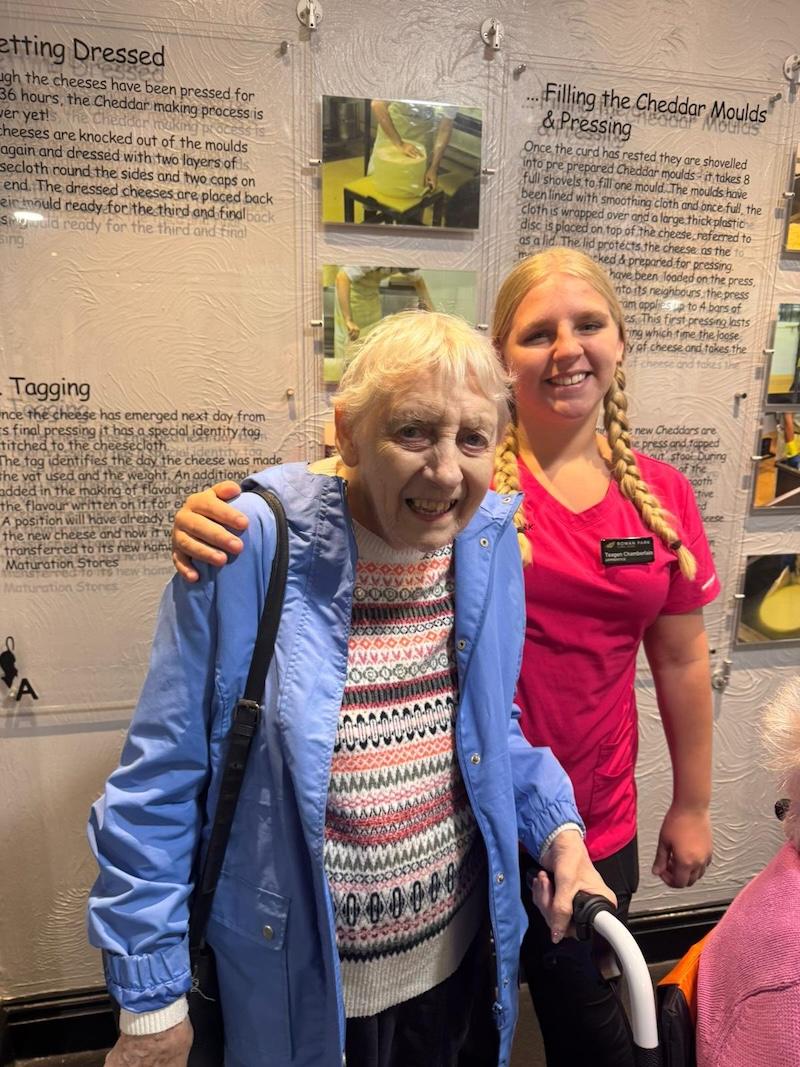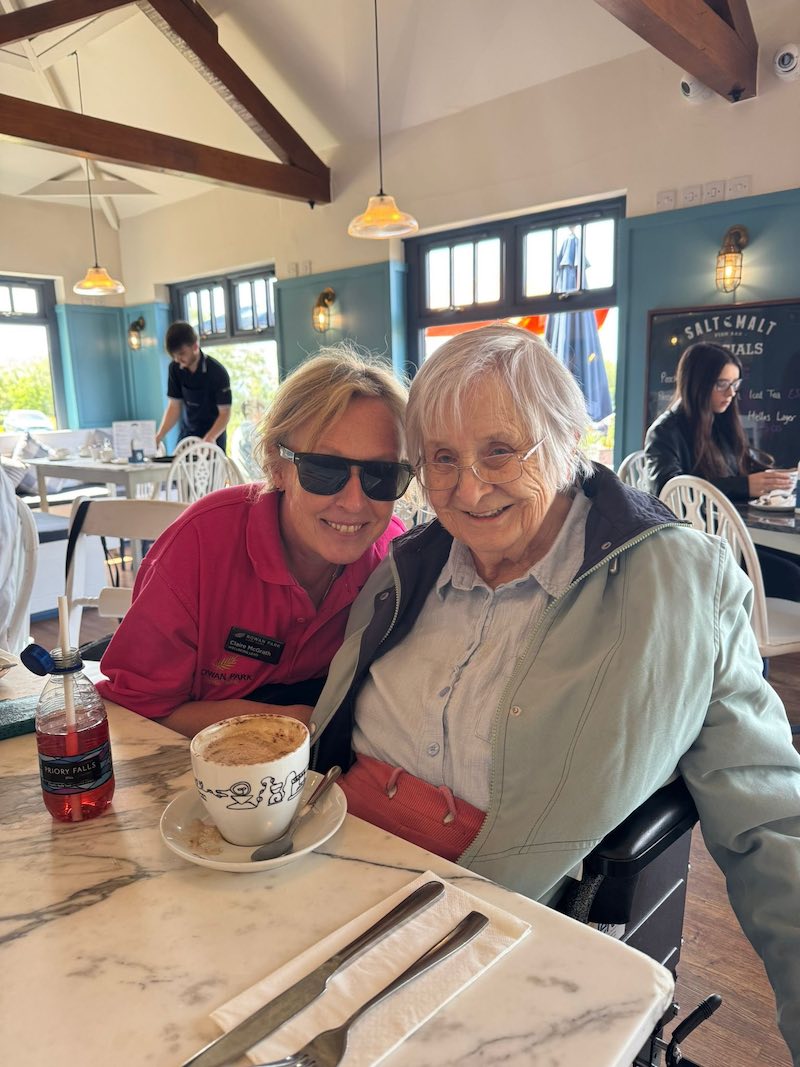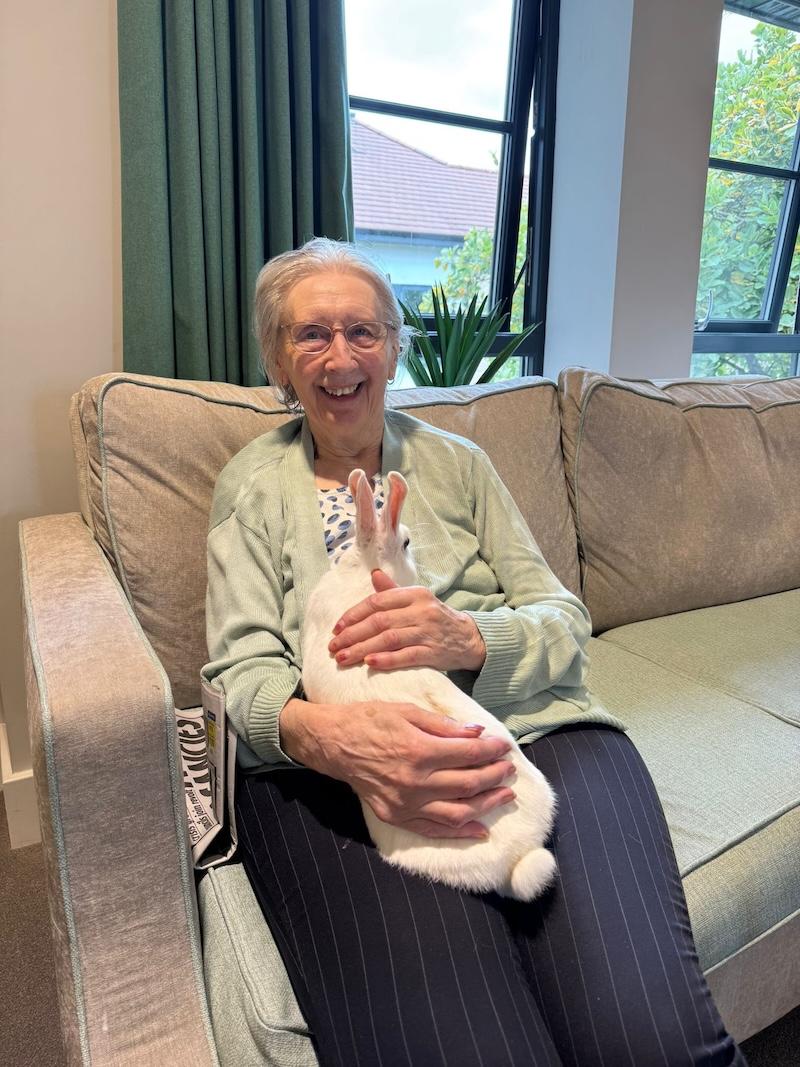Understanding The Role Of Dementia Care In A Care Home

If you have a family member who is currently suffering from dementia, you may have come to a point where it could be ideal to start talking about possibly moving them into a luxury dementia care home in Somerset. Also if you’re the one who holds the power of attorney, you will be in charge of decision-making on behalf of them, putting their best interests first.
It is essential to do some research and possibly seek advice from a team of healthcare professionals or your GP to ensure you’re able to find the right home, suited to all their needs.
In order to provide a better understanding of dementia care, we have covered all the main aspects of how a dementia care home can offer the best care and support for your loved one.
What is Dementia?
Dementia is a long-term neurological condition which becomes progressive over time, affecting someone's memory, mental capacity, cognitive function, language and reasoning. There are also other types of dementia to look out for, including:
- Alzheimer’s Disease, which is characterised by memory loss, cognitive decline and other behavioural changes, it’s one of the most common forms of dementia.
- Vascular Dementia, which is restricted by blood flow to the brain, results in a cognitive decline. This type of dementia usually happens after a stroke or other vascular issues which affect the brain.
- Lewy Body Dementia (LBD) involves abnormal protein deposits, known as Lewy Bodies, in the brain. Within the later stages, it then leads to cognitive fluctuations, visual hallucinations and motor symptoms similar to Parkinson’s.
- Frontotemporal Dementia (FTD), which affects the frontal and temporal lobes of the brain, leading to personality changes, behavioural alterations and language difficulties; it’s less common than Alzheimer’s yet affects younger individuals.
- Mixed Dementia is where some individuals could experience a combination of different types of dementia, such as Vascular Dementia and Alzheimer’s, leading to a mixed presentation of symptoms.
These are just a handful of examples of how diverse different types of dementia can be, each with different characteristics, underlying causes and progressions. An early diagnosis and personalised care plans are all crucial in managing the symptoms as well as improving the quality of life for each person living with dementia.
Unfortunately, there is no cure for dementia, yet there are treatments and therapies which can help manage symptoms and slow down the progression of the disease.
What is Dementia Care and Why is it Important?
For caregivers and family members, caring for someone living with dementia can be extremely difficult, especially as their condition progresses and symptoms worsen. However, both residential care homes and nursing homes can provide a variety of benefits to the individual living with dementia, helping them maintain their independence, whilst improving their quality of life and ensuring their safety and wellbeing is always a priority.
Luxury dementia care in Somerset within a care home involves providing support and assistance to anyone living with dementia. This includes help with day-to-day tasks such as personal care, washing, dressing and eating, as well as providing emotional support and companionship. Some care homes are also designed to provide specialised dementia care 24 hours a day, 7 days a week, which is all tailored to each individual and their needs.
How Are Dementia Residents Supported in a Care Home?
There are positive aspects of residing in a luxury dementia care home and they include the following:
Care Unique to Each Individual - Dementia care within a care home is designed to be personalised for each individual. There are a team of dementia specialists who work closely together with each resident and their loved ones to ensure they can create a personalised care plan which is tailored to them, alongside seeking if they need support on a daily basis. Residents will also be monitored closely to make sure they’re always receiving the right care for their needs. Family and friends will also be able to visit and spend time, no matter what time, ensuring they can keep making wonderful, special memories.


A Safe, Familiar Environment - All care homes provide a safe and secure environment for those living with dementia and this can include secure outdoor spaces, staff trained in managing specific areas, access to emergency response systems and support aids such as walking frames, rails and profiling beds. Every home will aim to make sure every resident feels as comfortable as possible to support familiarity, therefore, a lot of the homes will include furniture with contrasting colours, signs above doorways, personalised bedrooms and spacious hallways. All care homes provide a familiar and consistent atmosphere which helps reduce feelings of confusion and disorientation, making it easier for people living in them to feel relaxed and therefore focus on specific tasks or activities.
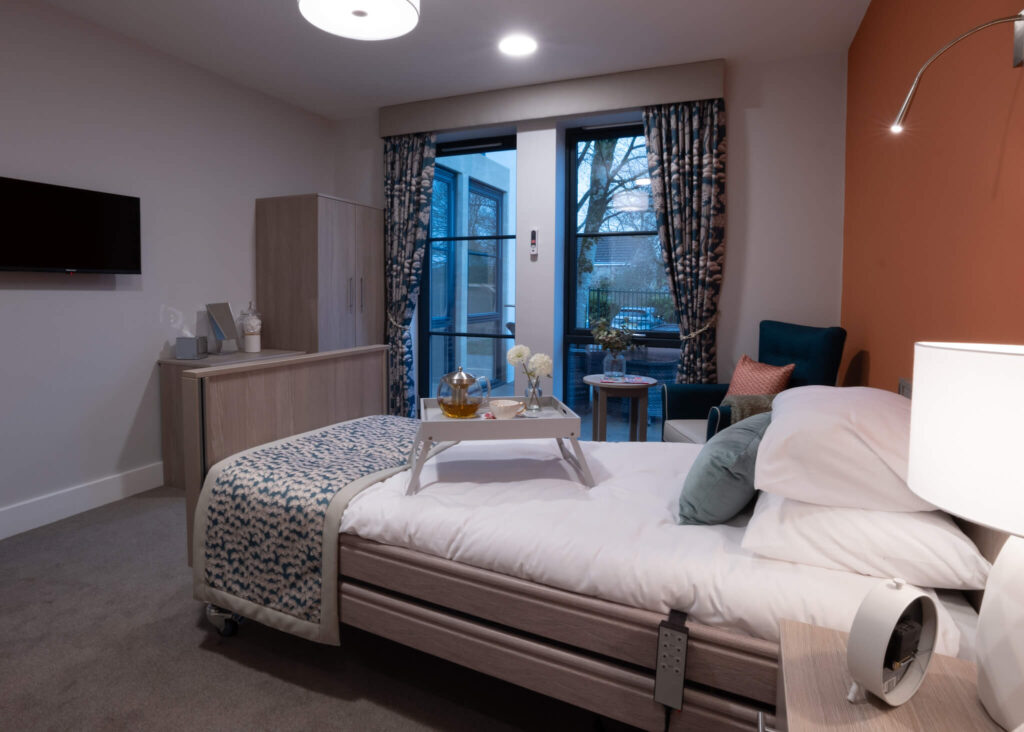
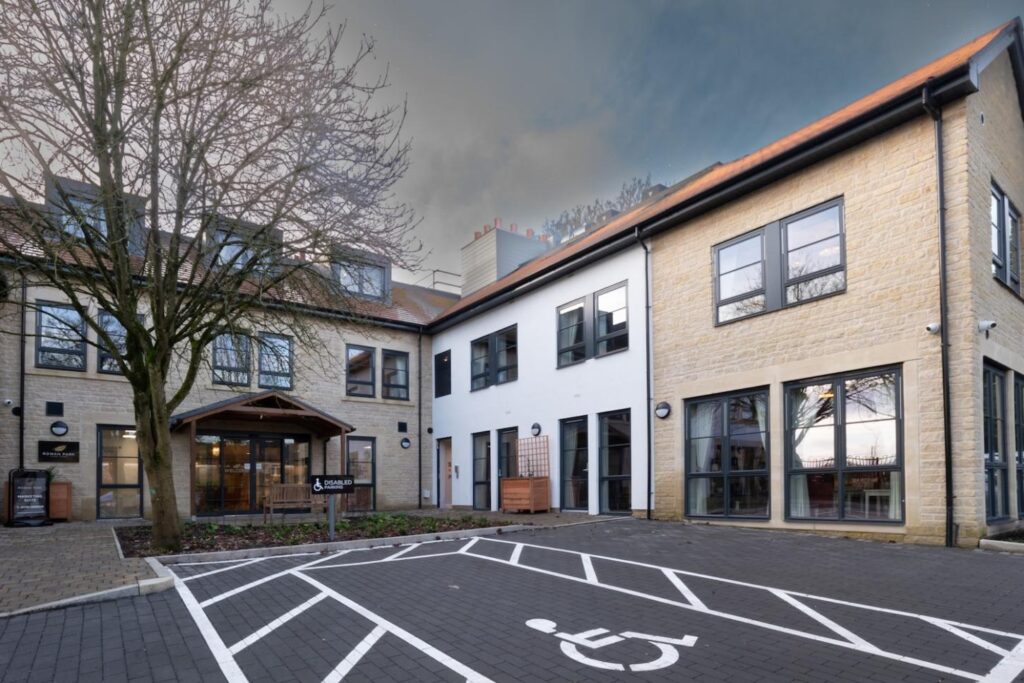
Engaging Activities - Care homes will typically provide a selection of activities designed to help those with dementia and these activities could be things such as memory games, arts and crafts, music therapy, exercise classes and social events such as film nights or parties. Taking part in these engaging activities will help residents maintain cognitive function, reduce feelings of isolation and depression, enhance their quality of life as well as improve their physical health. These activities can also provide residents with a sense of purpose, ensuring they feel valued, and connected to others and possibly slow down the progression of their dementia symptoms. Through providing activities and support, dementia care homes will help residents live with greater dignity, fulfilment and comfort.


A Structured Routine - A person living with dementia will benefit from a structured routine in daily life, and care homes will do this by providing medication management, regular and nutritious meals and daily activities to help residents maintain their routines and sense of purpose. As mentioned above, care homes will offer daily activities which will help residents maintain their physical health and cognitive functions. Most care homes will also provide regular meal and snack times so that residents will receive proper hydration and nutrition. A care team will oversee their medication management, making sure residents take their medicine on time and within the correct dosage. Residents can also expect a regular sleep schedule, with set bedtimes and wake-up times, helping residents regulate circadian rhythms and promote good sleep patterns, which is also important for their health and well-being.


Dementia Care at Rowan Park Care Home
Rowan Park Care Home is a brand new, modernised yet traditional, luxury care home in Somerset which provides around-the-clock care and luxurious accommodation for up to 50 residents, across three different floors. Each floor has a different community: Colliers Way on the ground floor, Nettlebridge on the first floor and Writhlington on the top floor. We’re located in a quiet area surrounded by greenery, and a neighbouring farm and we’re only 9 miles away from the historic city of Bath.
Residents will also have a range of on-site facilities such as a beautiful landscaped garden, a library, a hair salon and a cinema. All so residents have the opportunity to continue their hobbies or pursue new interests, alongside forming friendships with other residents and like-minded individuals.


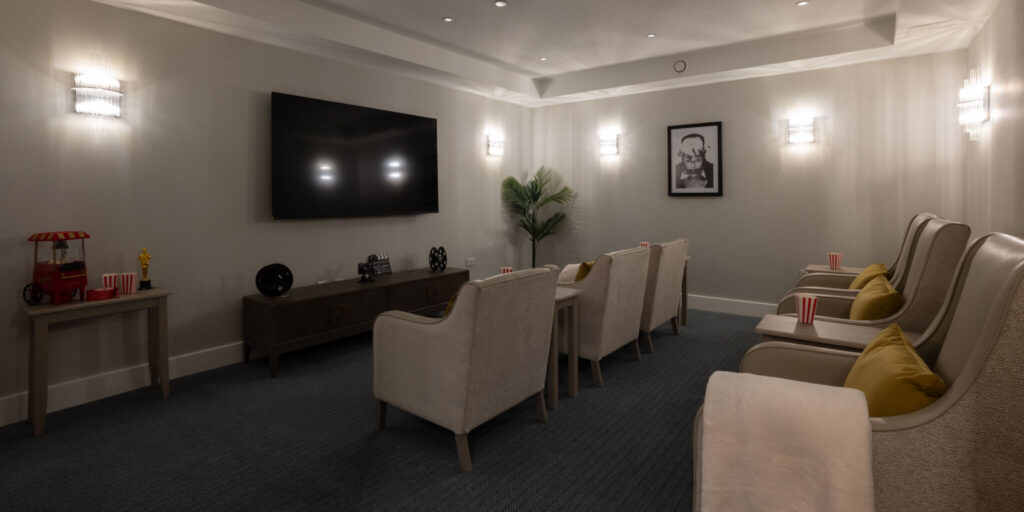
We’re dedicated to enhancing the lives of all of our residents with specific care needs, such as dementia and our approach is grounded, ensuring every resident leads an independent life within a supportive and caring environment. We have a specialised team who are trained in dementia care, they've had extensive training, equipping them with the expertise to offer care within a nurturing, safe and welcoming environment. For residents who are navigating the challenges of dementia, our team are thoughtful, with expertise in medical care, daily planned activities, social and mental stimulation and consistent support and engagement. This holistic approach is designed to ease tension and frustration, fostering a fulfilled and enriched experience for residents with dementia.
If you’d like to find a care home for your loved one with dementia, look no further than Rowan Park Care Home, we have a friendly team on hand who will answer your questions and arrange a visit for you to visit our wonderful home, don’t hesitate to contact us today.



